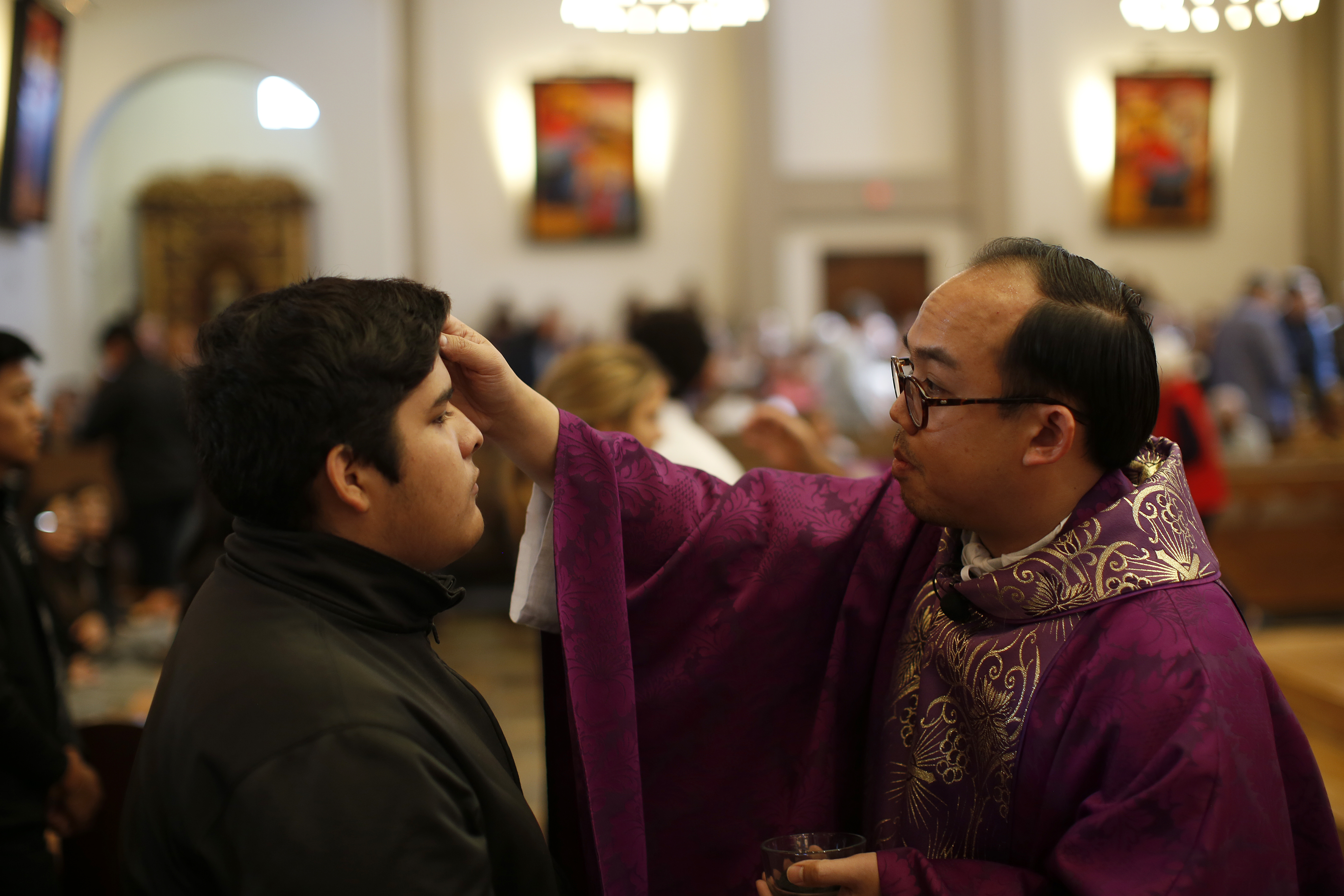"Discerning the Call" of the American Catholic Priesthood

Credit: Dario Lopez-Mills/AP Photo
A new documentary from Fordham's Center on Religion and Culture is exploring how changes in American culture have impacted the Catholic priesthood. To find out more, WFUV's David Escobar speaks with Jay Doherty, the film's co-director and a fellow FUV reporter. They discuss the stories of the priests and religious people in his feature film Discerning the Call.

